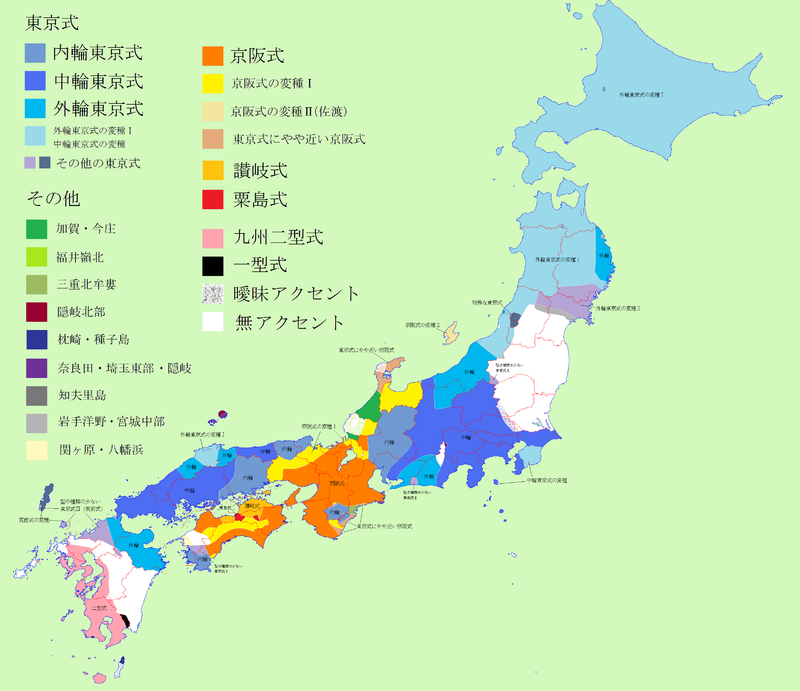Japanese slang word: yabai (やばい)- when things get dangerous
In a previous post, I’ve discussed how Japanese has less curse words than languages like English. There are a few, however, which can pack quite a strong meaning, and in this post I’ll be talking about one such word – “yabai”. “yabai” originally means “dangerous” (equivalent to Japanese “abunai”) or a bad situation. 警察はやばい仕事です。 Police officer is a… Read More »

